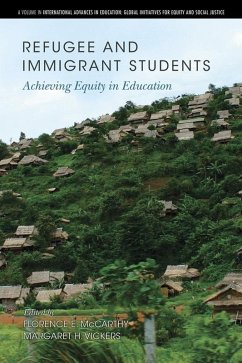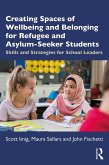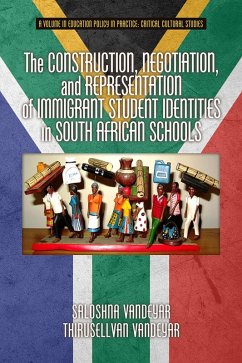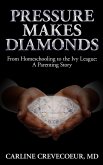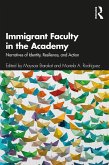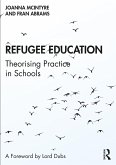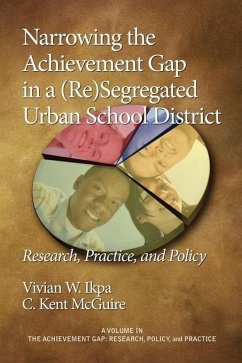The focus of this book is on educational equity issues affecting immigrants and refugees around the world. Chapters highlight educational approaches that build from experiential knowledge, draw upon multiple languages, consider group identity, grapple with the complexities of inclusion, address family concerns, promote parental involvement, involve liaison with community agencies, and view cultural differences as educational strengths. While the book does not shy away from exploring the more challenging aspects of the refugee and immigrant experience, it avoids dwelling on victimology and rejects applying a deficit framework. Rather it offers hope, emphasizing the potential strengths of refugees, including their cultural capital and survival skills. The authors also make cogent suggestions for structural, pedagogical, and conceptual reform, with targets ranging from individual teachers to educational systems to social, economic, political, and cultural contexts.
Hinweis: Dieser Artikel kann nur an eine deutsche Lieferadresse ausgeliefert werden.
Dieser Download kann aus rechtlichen Gründen nur mit Rechnungsadresse in A, D ausgeliefert werden.
Hinweis: Dieser Artikel kann nur an eine deutsche Lieferadresse ausgeliefert werden.

